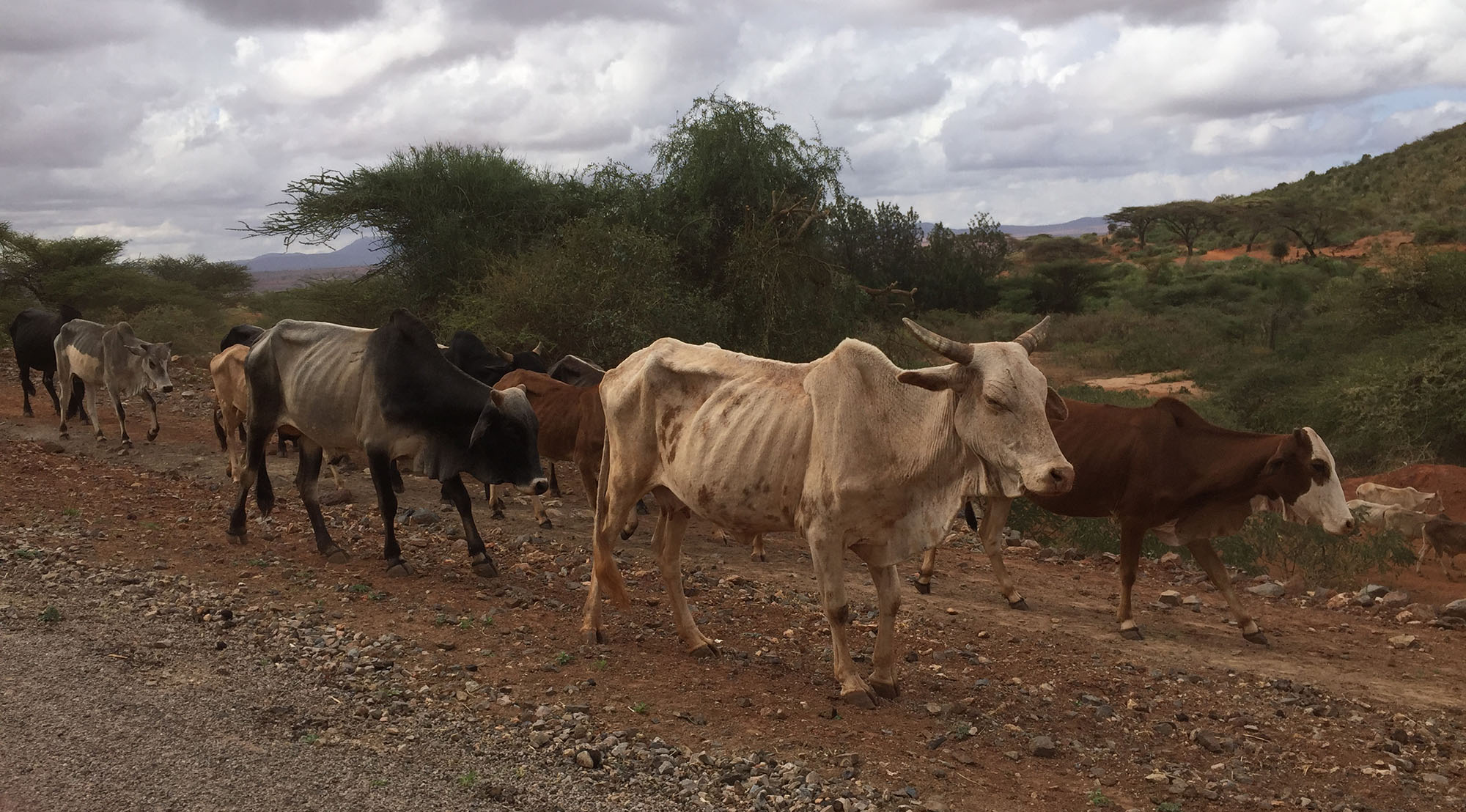Since 2015, East Africa has been affected by a major drought in connection with the weather phenomenon El Niño as a major cause. With little rainfall this year too, the worst drought in decades is on the cards. Ethiopia, Kenya, Somalia, and South Sudan are among the most severely threatened countries in East Africa, with up to 20 million people affected. However, droughts do not have to lead to famine. The scale of the impact is directly related to the capacities of the governments concerned and how much leeway international organizations are given. The extent of any hunger also varies accordingly and is much more serious in the fragile contexts of Somalia and South Sudan than in Kenya and Ethiopia.
Caritas Switzerland has been working in these countries for many years. In collaboration with local partners, it works in the areas of water and food security, climate protection, and disaster risk reduction, and also provides emergency relief.
In Ethiopia and Kenya, it focuses emergency relief on food security and action in the field of water, basic sanitation, and hygiene (WASH). The approach here is based on linking relief, rehabilitation, and development, as sustainable aid is possible in these countries. In South Sudan and Somalia, the crisis is also being exacerbated by armed conflict. This is why Caritas only provides emergency aid there. South Sudanese refugees and the local population in the border region of the Democratic Republic of the Congo are supported with food aid for example. The project also offers protective and preventative measures in relation to sexual violence.
In these contexts, integrating conflict sensitivity in all aspects of the project cycle is of utmost importance. Actions in the area of humanitarian aid have the potential to both incite and alleviate conflict. Caritas therefore uses the “Do No Harm” principle as a basis for the projects. This includes analyzing conflict potential before the start of the project and taking appropriate preventative measures such as including various societal groups to an equal extent in order to avoid conflicts within the target populations.


